The line between work and private lives has been diminishing even before the COVID-19 pandemic began. But now, the pandemic has forced the workforce to shift drastic changes not only in workplaces but also in the working hours of the employees.
Checking the inbox as soon as you wake up, getting to eat dinner late at night, trying to multitask even at midnight – these are all normalized at this time. Increased flexibility may not always translate into increased productivity but this could lead to burnout.
Milieu Insights previously published a report on the stress situation in Southeast Asian countries which revealed that work-related matters contribute to their daily stress levels. To know more about work boundaries, Milieu Insights also published a report that examined the thoughts of Southeast Asians on setting boundaries at work.
According to the report, 90% of Singaporeans agreed that employees should have the right to block out calendars so that they could focus on working on their tasks. This was followed by Thailand at 81% and Vietnam at 71%. Almost half of these respondents said that this boundary is being implemented since they should always be available especially when it comes to urgent matters.
Similarly, the constant sight and sound of notifications that come into work desktops and phones have caused employees to become hyperresponsive. This is why Singaporeans also top the list of the respondents who also check their work notifications even in between meals.
The report also showed the current struggle of long work meetings which massively steps over the time boundaries of employees. Long work meetings may affect the productivity and quality of work produced by the employees. However, the report revealed that companies have no policies regarding meeting duration limitations or “no-meeting hours or days” policy.
With the rise of remote work, a lot of employees are having difficulties in setting boundaries between their personal lives and their work as work notifications and messages pop in even during their downtime. 95% of Singaporeans expressed that employees should have the right to switch off their work notifications outside of work.
The report unveiled that 88% in Vietnam, 58% in Thailand, and 50% in Singapore have struggled with spending quality time with their loved ones and themselves due to the difficulty of setting boundaries at work.
However, the report also showed that if given an opportunity, Southeast Asian employees would want companies to have a policy that implements the right not to reply to work-related messages outside of work hours. They believe that this policy would help them in maintaining an optimal work-life balance.
Research studies have already shown that the levels of anxiety, stress, and even burnout have alarmingly risen at this time of the pandemic. The new normal emphasized that taking care of our physical health is vital, but excessive burnout should not be a part of our new normal. This is why we should constantly remind ourselves of the importance of spending leisure time with our loved ones and ourselves, and allow ourselves to think that aside from doing work, rest is also productive and essential in our lives.
Find out more of these stories at http://mnlmag.com/ or you can visit http://theluzondaily.com/ for the latest news and updates.
Source: https://www.mili.eu/insights/is-southeast-asia-ready-to-set-boundaries-at-work





